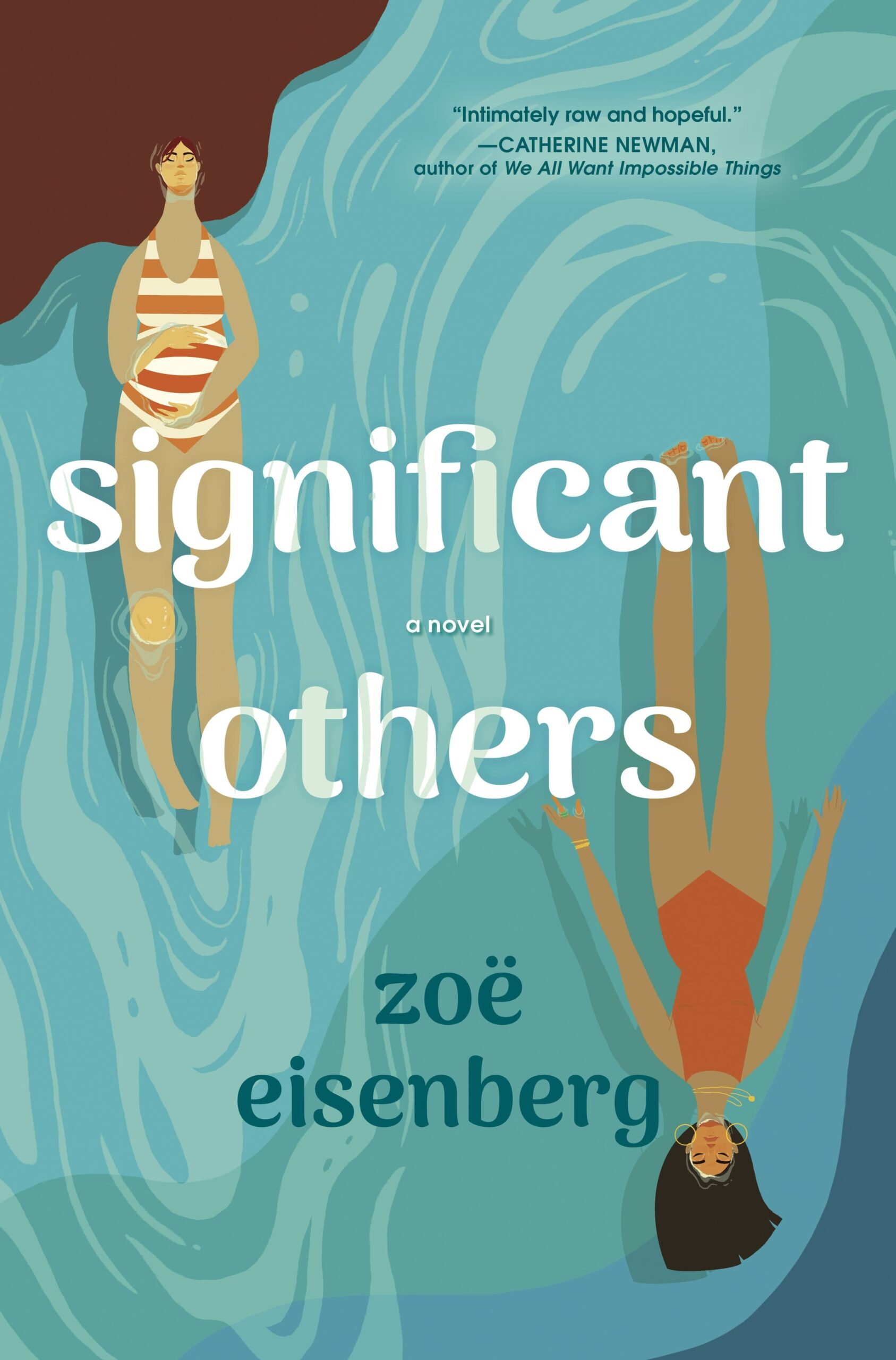Buy this from Bookshop.org to support local bookstores and the Lesbrary! I won’t be able to get through this review without mentioning The Seven Husbands of Evelyn Hugo, so let me get the comparison out of the way now. Like Evelyn Hugo, this cover likely doesn’t scream “queer story,” but it is—twice over, actually. LikeRead More
You Need to Read Last Night at the Telegraph Club by Malinda Lo
Buy this from Bookshop.org to support local bookstores and the Lesbrary! I’m embarrassed to admit I only just read this for the first time. I’ve read every other Malinda Lo book. I’ve had a copy since it first came out—in fact, I’ve owned two copies, because I also spent $100 on a signed hardcover (itRead More
A Bittersweet Portrait of Platonic Partnership: Significant Others by Zoe Eisenberg
Buy this from Bookshop.org to support local bookstores and the Lesbrary! Jess and Ren were college roommates, and they have been inseparable ever since. That’s acceptable in college, but much less common when you’re in your late 30s, have bought a house together, and co-parent a dog. They’re committed to each other, but not dating—JessRead More

